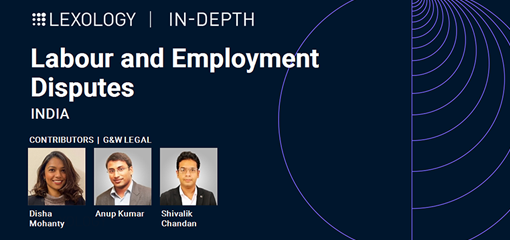
India has a range of active fintech businesses operating across areas such as lending (credit), payments (both peer-to-merchant (P2C) and peer-to-peer (P2P) transfers), investments and trading, personal finance and wealth, credit ratings, insurance, regulation, etc. With over 3,000 recognised fintech startups, India is among the fastest-growing fintech markets in the world and currently the third-largest fintech ecosystem globally, with the industry expected to be valued at around USD 150 billion by 2025; the industry’s Total Addressable Market expected to be USD 1.3 trillion by 2025; Assets Under Management & Revenue to be USD 1 trillion by 2030; and Market Opportunity to be USD 2.1 trillion by 2030, respectively. In the financial year 2022–2023, India recorded over 130 million digital payments worth INR 139 lakh crore. In August 2023, the Unified Payments Interface (UPI) recorded the highest-ever volume of transactions at USD 10.58 billion – evidencing the pace at which the payments sector of the industry is growing. As a result of this current and estimated growth, it is believed that digital payments (non-cash) will constitute a majority of all payments by 2026 – although such reports and trends are often prone to hyperbole and best taken with several pinches of salt.
While domestic players (some of which have foreign investment) dominate the fintech industry in India as of now, the last few years have seen several foreign players enter the field as well – a trend that is expected to continue. With increasing internet penetration among the Indian public and some (questionable) policy changes having indirect consequences for the sector, fintech in India is looking at a period of compounding growth over the coming years – particularly (though not exclusively) in the payments sector, as also supported by the stats above. The domestic players and domestically developed tech are also breaking geographical barriers and aiming for global outreach – India’s UPI is now accepted in seven countries: France; the UAE; Mauritius; Sri Lanka; Singapore; Bhutan; and Nepal.















